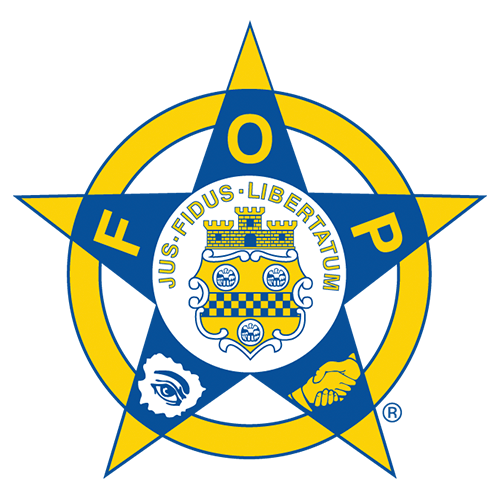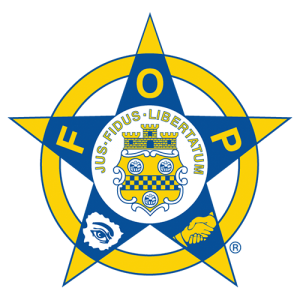Agency Implementation Plan
Family readiness policies should be provided to all of the agency’s officers. Officers should acknowledge that they have received this policy so that a record of its dissemination is maintained.
In order to achieve the policy objective of maintaining family readiness, the agency should devote staff officers to the task of identifying key policy components. What does that really mean? This will take some time as identifying resources and training officers are included in this phase. Below are the areas that should be addressed when implementing a family readiness policy.
Identify the agency’s communication capabilities: Agencies should assess their current communications system. The use of telephone notification, text messaging, emergency contact call-in number, website updates and other means at the disposal of the agency need to be identified and adjusted to implement a notification protocol.
Emergency contacts: Agencies should gather multiple emergency contact numbers for their employees, educate employees and their families about the emergency communications method and procedure, and maintain the emergency contact database. Agencies may also wish to explore the idea of having family emergency support groups. Such groups can be an alternative means of communicating with and between family members. Designated family members could use a phone tree model to notify other family members after having been briefed by an agency’s designated communications officer.
Test the communication plan: Agencies should regularly test the soundness of their plan by contacting family members and officers as a training exercise. This will also serve to keep the contact database current.
Finance issues: Agencies should review their existing pay systems to determine the effect of a critical incident on payroll operations. Family members will need to have access to funds during a critical incident. Agencies should insist that officers use direct deposit for their payment method. Payroll operations can be recovered away from the critical incident, but this relies on directly depositing funds.
Emergency housing: Agencies should plan to provide emergency housing to their officers and also consider providing housing to officers’ family members if appropriate. Law enforcement family members have indicated a desire to be housed with other law enforcement families should their home be uninhabitable or in the event of a forced evacuation. The agency can pre-plan for this need by identifying community assets that could fulfill the need for shelter. Schools, churches, community centers and local hotels would all fill the need for temporary family housing. The agency should identify this resource and communicate it to officers and their families in advance of a critical incident.
Identifying community resources: Agencies should identify community resources that would assist officer families in the event of a disaster or other type of crisis event. The American Red Cross, Salvation Army, Fraternal Order of Police and religious and civic groups are examples of such resources. Community resources should be advised of the agency’s family preparedness plan and then be asked what assistance they may be able to provide to strengthen the plan.
Training for officers: Agencies must educate their officers as to the components of preparedness planning. The use of the training module (see link below) provides a framework for educating employees either in a basic Academy setting or as in-service training.

